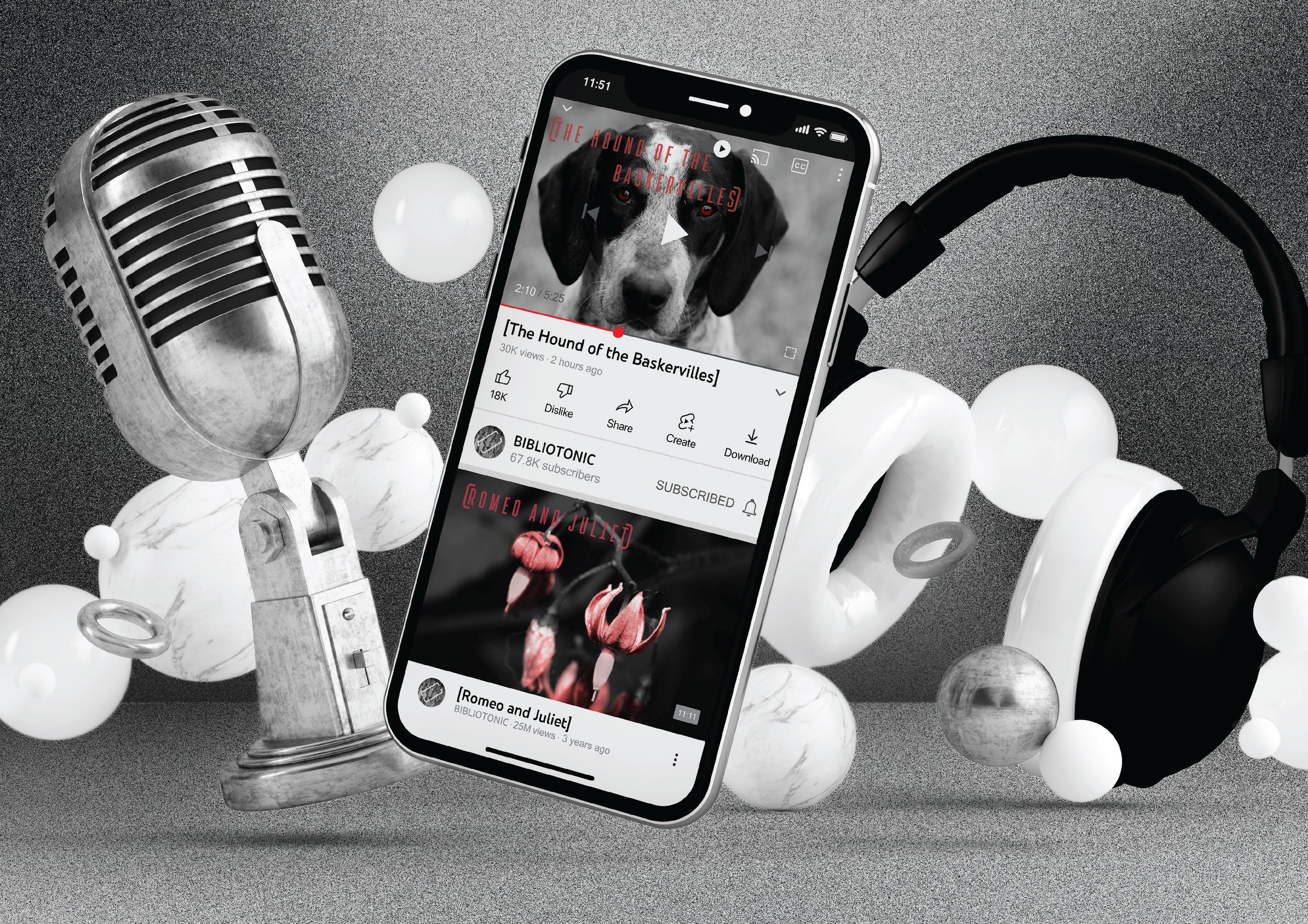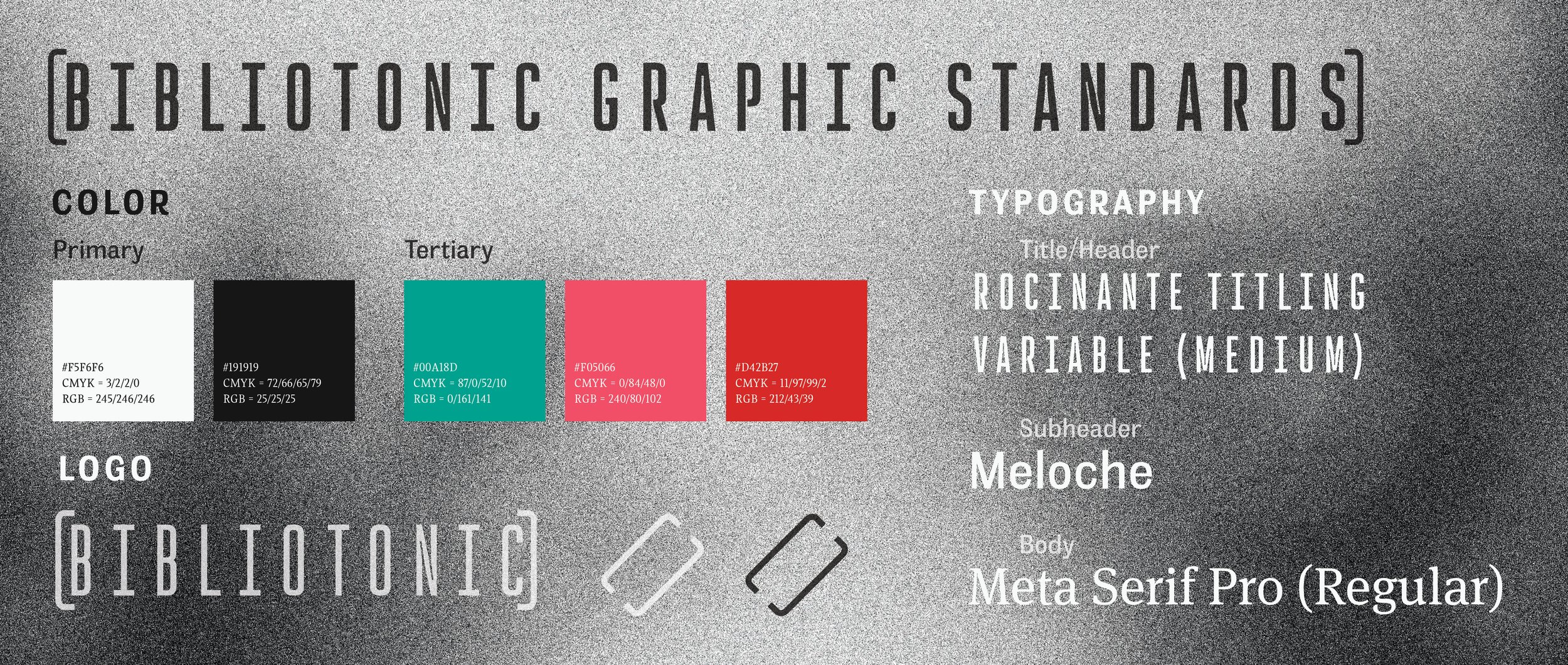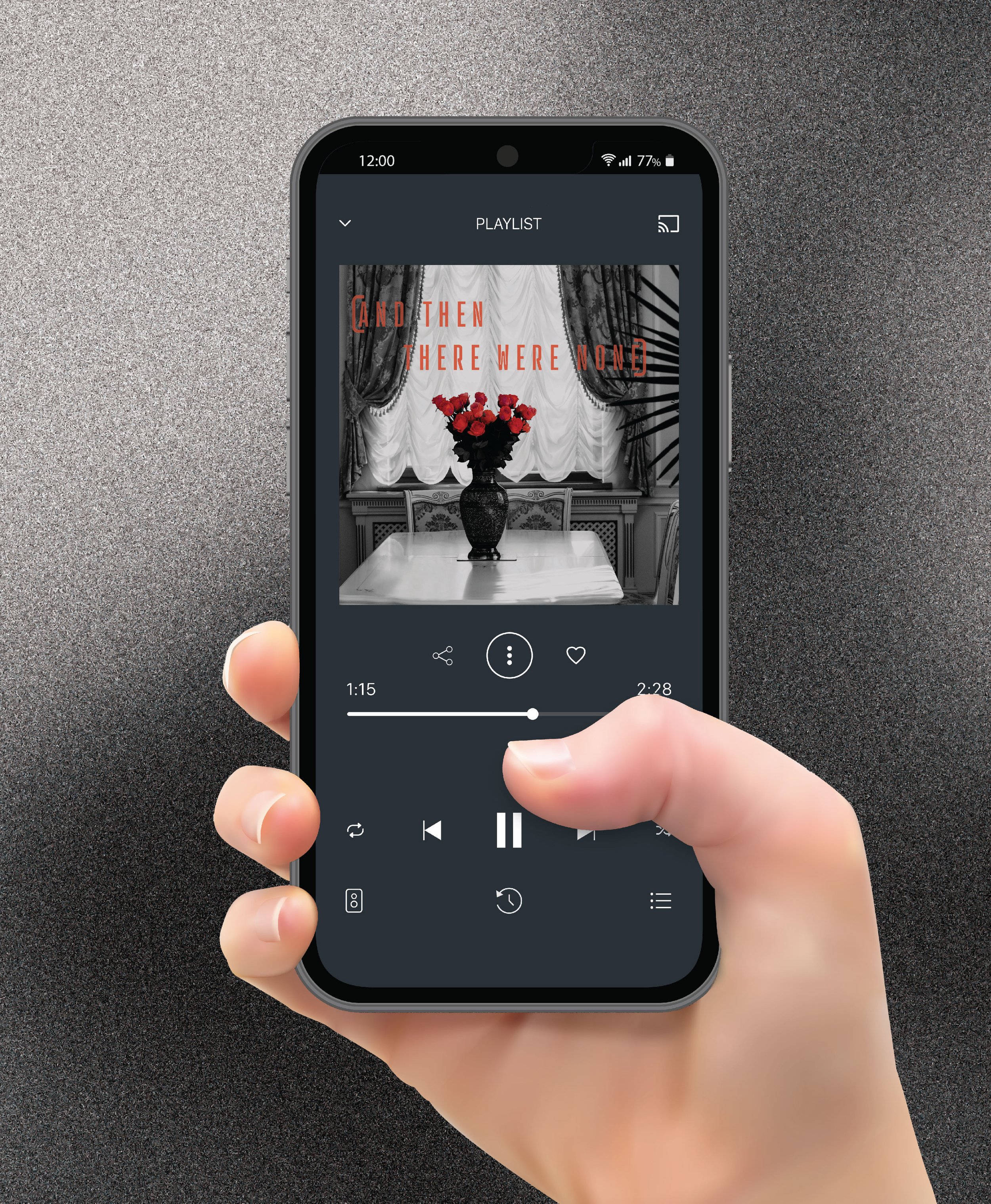BIBLIOTONIC
Introduction
“How might I develop a system for casual readers to find relevance in classic works of literature?”
Bibliotonic is implemented to serve as a living reading list that provides a short background analysis of themes and influences behind classic works of literature. By doing this, the podcast is intended to help readers make their own connections between historical literary works and contemporary issues and concerns.
Problem
I want to use Bibliotonic to help casual readers connect more with the alternating perspective side of reading. Each book is written by a person who is regularly influenced by their surrounding society, culture, and life events. When reading books over multiple periods and across diverse cultures, individuals can gain a better understanding of other opinions and empathize with the issues of other people.
Approach
After determining I wanted to improve how people find relevance in classic works of literature, I moved on to determining what forms of research I would need to use and the method I would use to determine relevant data. I decided on three main methods of data collection to be compared via triangulation, which supports recurrent data as being relevant. The research methods I chose were Literature Review, Marketing Research, and Unstructured Interviews. These were used and compared to determine what was considered classical literature, how connections with the genre are being reinforced, and how most readers find their next book.
As I went through the research process, I determined that there was no clear definition of what is considered classic literature, and most readers not professionally educated in literature often mentioned works like Shakespeare and The Odyssey as what they thought were the parameters for classical works of literature. I also learned that many book influencers were mostly recommending books in the romance and mystery genre and that many of the interviews I went through didn’t keep much of a set track on what they wanted to read. They often went into a bookstore or browsed online and picked what struck them as something good to read, despite this more than half of the people I talked to told me that often looked for books they would be able to get something out of. When asked why they didn’t want to read classic literature, given all the benefits of allowing a person to improve vocabulary and empathy, the dominant response was that it was difficult to get in the right head space to understand the older English and grammar. A point that comes with the misconception that all classics are at least a couple hundred years old.
Given these areas of discomfort and lack of clarity surrounding classic literature, I decided to start by defining what can be considered a classic work of literature. From there I asked another large number of people how they would like to hear about information on books and how they might connect them to contemporary issues. I opted for the suggestion of creating a podcast series and incorporating my own experience by intentionally ordering book recommendations so that the reader might be able to discover connections on their own, rather than have the podcast voice tell them what connections to make. It allows for a journey of discovery for the readers and new experiences as a reader.
Deliverables
Conclusion
My project has the potential to influence the perception of what a classic work of literature is and what can be gained from it. To achieve this the next step would be to implement the podcast system I developed allowing people to engage with a more structured and intentional approach to what they read. This would also be the next step in the process given more time and resources. A resource that would be ideal, in addition to a longer timeline, would be a small team of invested individuals with an interest in different literary genres to assist in the creation of podcast episodes. This would allow for a larger scope of literary analysis and a greater number of podcast episodes.
Throughout the creation of this project, I have developed a greater understanding of the connection between research and designed system development. I was also able to greatly develop my skills in Photoshop with the creation of edited images and closing between Illustrator and Photoshop mock-ups. All of these skills have regularly been put to use outside of this project as I was able to develop them and have only improved my abilities as a designer.










